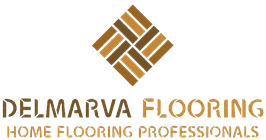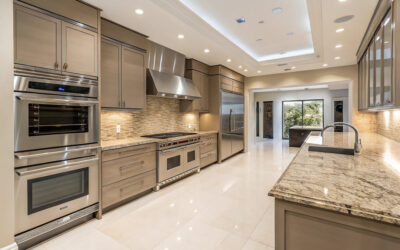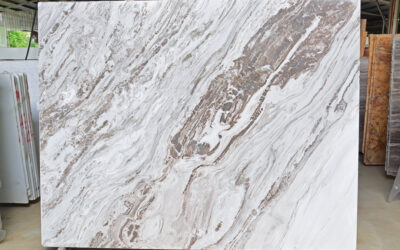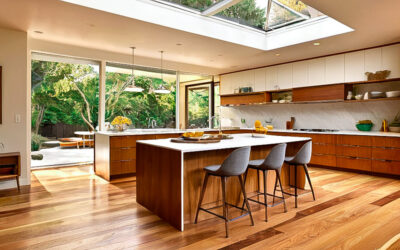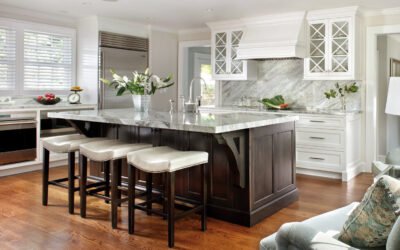Types of Flooring
Flooring projects can be complex and we all have questions.
This set of question related to home flooring will provide some answers.
If we also feel that a more in-depth answer will be beneficial to you and have blog content that we can refer to then a link (or links) to the blog post(s) will be provided.
Flooring has a very significant impact on the look and feel of a room or area and we always look for ways to make your flooring project successful.

Hardwood Flooring

Hardwood flooring is any flooring product made of real wood sawn from timber and manufactured for use as a floor. Hardwood is available in a wide variety of different tree species and can be manufactured as solid hardwood.
The planks consist of one solid piece of wood sawn from a single timber or could also be engineered hardwood meaning that planks are made from multiple layers of wood adhered together.
Hardwood flooring can come in planks, strips, parquet patterns and other shapes. Generally hardwood products come prefinished from the factory with stain and a wear layer to protect it, but in some cases the wood is installed without a factory finish and the finish is applied onsite.
Hardwood floors typically feature a tongue and groove construction so that the planks lock together and the planks are often nailed or stapled into the subfloor for installation. In some cases engineered wood may be glued to the subfloor.
Check out our short Guide to Hardwood Flooring.
Ceramic Tile

Ceramic tiles are thin slabs of clay or other minerals tightly compressed and heated in an oven to create a hard and durable flooring material. Ceramic tiles can be glazed or unglazed, and can come in many different colors, shapes and sizes.
There are many different types of ceramic tiles, each manufactured in different ways with different material components for a wide array of applications. Ceramic tiles can be made to suit exterior and interior applications. There are ceramic tiles made for use on walls, floors, counter tops and more.
Porcelain tiles are among the most popular and durable types of ceramic tiles. Porcelain tiles are ceramic tiles that have heated at a greater temperature than typical ceramic tiles. The higher temperature of the process makes them more durable and less porous and therefore less water absorbent. A porcelain tile must have a water absorption rate of less than 0.5% to be classified as porcelain. All porcelain tiles are ceramic, but not all ceramic tiles are porcelain.
Glass tiles are not considered ceramic tiles but are another popular type of tile often used on walls, backsplashes and in other accent applications.
Stone Flooring

Your floors have a significant influence on your home and home life. They impact interior beauty, décor, comfort, livability and upkeep. The flooring type can add significantly to the look and feel of a room or your home or can detract from it.
To understand stone flooring is to learn how it is manufactured. To know how stone flooring is made is imporant because it enables you to understand stone from the beginning and better understand its performance aspects.
The formative process for natural stone began long ago, deep beneath the surface of the earth. It is a material that was manufactured by the earth with a combination of heat and pressure.
As the earth’s crust began to grow and erode, it pushed minerals up from its core, forming massive rock deposits, which we refer to as “quarries”. The stone has to be extracted from these quarries. Special equipment and technology is used to extract stone from the quarry and install it in a home.
At the quarry, giant blocks of stone are cut out of the earth with diamond studded, high-speed equipment.
The blocks of stone are then moved to a processing plant where they are cut into slabs. High-speed gang saws are used to slice the blocks into multiple slabs. A gang saw is fitted with several blades, typically about 12 to 15 feet long, that make simultaneous parallel cuts.
The slabs are sent through a polishing machine that puts the desired finish on the slab. A polishing machine rotate polishing pads at high speeds over the top of the stone. During this stage, the slab is also calibrated, meaning its surface is worked down to a relatively uniform thickness across the length of the material.
Next, the edges if each slab are shaped and polished. This is done with a series of small saws, or router bits, which are also diamond studded and water-cooled.
Finally, a precision polishing machine will give the tiles their final polish after they have been cut.
Luxury Laminated Flooring

Laminate flooring consists of a water-resistant base layer that stabilizes the plank. Above sits a multi-layer core of high-density fiberboard. Sometimes the core is entirely synthetic, but sometimes it consists, at least in part, of wood waste, helping to reduce its environmental impact. The next layer is a photographic print that mimics whatever material you’ve chosen. It’s often wood-look but can also resemble stone or tile. A coat of resin tops the print.
Laminate flooring is marketed as a tough, cost effective, and easy to install flooring material. It does have a great deal of good qualities but there are some things to be careful about such as:
Moisture Damage—At its core, laminate is made from a composite material called high density fiberboard (HDF), which is more susceptible to water damage than natural wood.
Laminate is Hard to Repair—Hardwood can be refinished 6, 7, 8 times, and essentially you get a new floor each time. Laminate is much harder to repair even when it comes to simple patch jobs.
Proper Installation—Laminate flooring is advertised as DIY friendly. However, it takes some skill to install it correctly.
Vinyl Flooring

Vinyl flooring shrugs off street grit, pointy heels, and sloppy spills while providing a slip-resistant and often cushiony footing that is very cost effective. No wonder you find vinyl in almost every American home—usually in kitchens, baths, and entryways.
This category of resilient flooring encompasses an array of products, including sheets, tiles, and planks made of flexible PVC; rigid tiles that combine vinyl and ground limestone; and soft, ruglike sheets that are woven from vinyl-coated fiberglass strands.
Vinyl flooring was popularized in the mid 20th century and vinyl flooring is still evolving. Today’s vinyl flooring products are more durable and can be installed faster than earlier versions.
Carpet

Carpet provides actual thermal insulation and resistance, or R-value. In colder climates or seasons, it retains warm air longer, an energy conservation benefit. Carpet also provides a comfortable place to sit, play, or work and gives a room an overall warmer feeling.
Carpet comes in a variety of shapes and textures. This is referred to as carpet style. There are three basic styles of carpet – cut pile, looped pile, and cut-loop pile.
For more information related to flooring questions we refer you to our Flooring Curation Blog.
(Access the blog below.)

From The Blog
Mauris non tempor quam, et lacinia sapien. Mauris accumsan eros eget libero posuere vulputate.
Getting Started with Your Kitchen Design
A good kitchen design begins with having accurate measurements. You will first want to decide what you need, what you want, and what existing items you would like to incorporate into your new kitchen.
Measuring the space is an essential first step.
Peacock Colors and Tile Ideas
Curated Content: Blue-Green Tile: Teal, Turquoise, Aqua, and Peacock Tile Ideas Today, there is a strong desire to connect with nature. This means that our interior color tastes are migrating toward earth tones and water-inspired colors, textures, and designs....
Kitchen Design
The layout of your kitchen is fundamental to its functionality. A well-thought-out design ensures that essential elements are positioned for optimal workflow.
Mantra Cabinets and Flooring
Aesthetically, a well-coordinated kitchen enhances the overall appeal of your home.
Contrasting or clashing materials can make the space feel disjointed, while a carefully chosen combination creates a seamless, inviting look.
Choosing the Right Countertop
Choosing the right countertop material is one of your most crucial decisions when designing or renovating your kitchen. Your countertops play a crucial role in both aesthetics and functionality, affecting everything from food preparation to the overall design appeal.
Collaborating with a Kitchen Designer
Unsurprisingly, the kitchen is frequently the most expensive room in a home. Thus, engaging a Kitchen Designer can be essential when planning a new kitchen, whether for a newly built house or a renovation of an existing residence.
Kitchen Cabinets and Kitchen Flooring
When you coordinate your kitchen cabinets and floors, the finished design will look beautiful, cohesive, and intentional.
The colors, textures, and finishes should always compement one another.
